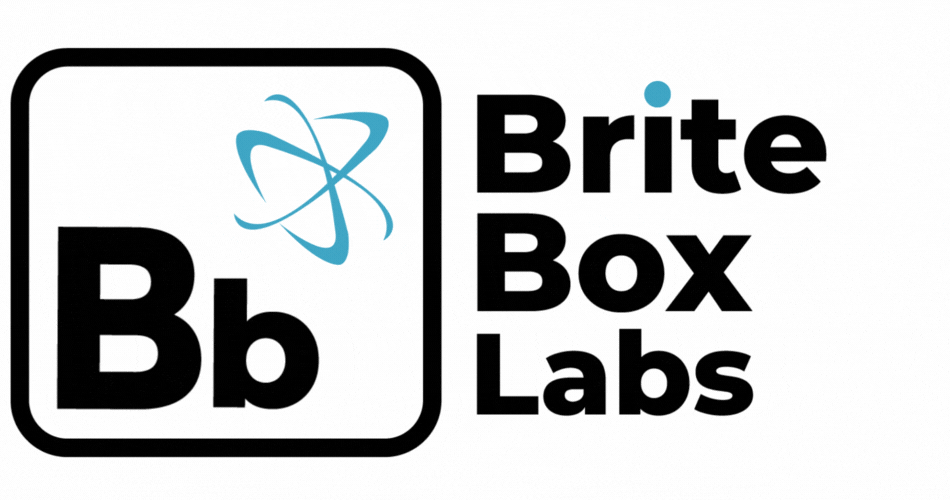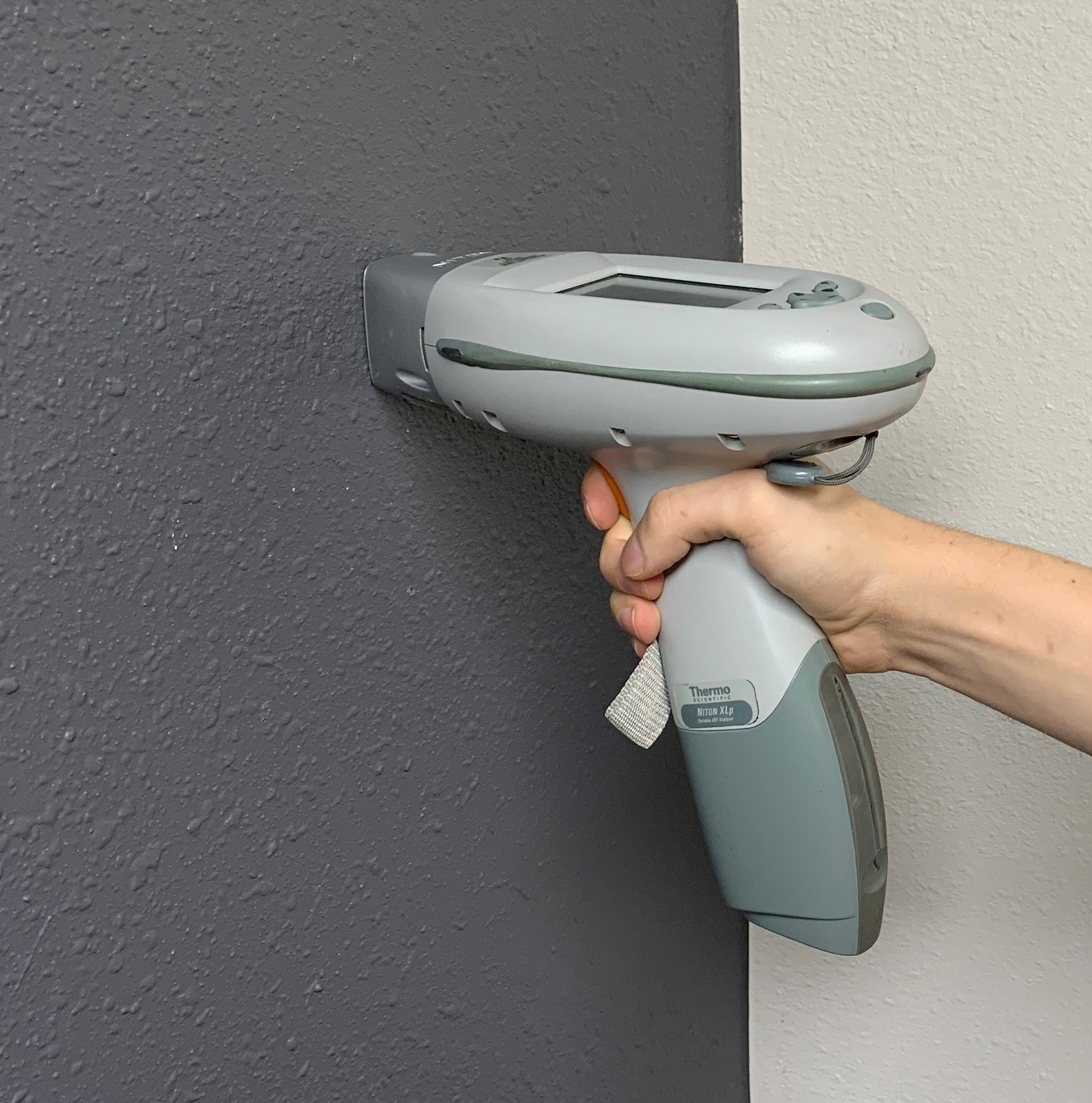Lead Paint Testing
Lead-based paint and lead-contaminated dust are some of the most widespread and hazardous sources of lead exposure for young children in the United States. Homes built before 1978 (when lead-based paints were banned) probably contain lead-based paint. Approximately 29 million housing units have lead-based paint hazards including deteriorated paint and lead-contaminated house dust. About 2.6 million of these are home to young children. When the paint peels and cracks, it makes lead dust. Children can be exposed to lead when they swallow or breathe in lead dust. We perform lead paint testing through both traditional methods and non-destructive, x-ray gun, field sampling. You can bring your paint chip sample into the lab for us to test, or we can send a technician out to perform Non-Destructive Lead Testing (NDT).
XRF Non-Destructive
Lead Testing
The XRF (x-ray fluorescence) Gun is the preferred method for lead paint inspections because it can measure buried layers of paint and provide instant analysis without disturbing any lead paint or dust. Our technicians use XRF to take measurements at your home or business, bringing the laboratory to the field while producing laboratory quality results instantly without the need for destructive sampling.
Paint Chip Testing
Any surface covered with lead-based paint where the paint may wear by rubbing or friction is likely to cause lead dust including: windows, doors, floors, porches, stairways, and cabinets.
Children can be exposed to lead if they chew on surfaces coated with lead-based paint, such as window sills and door edges. They can also be exposed if they eat flaking paint chips or eat or breathe in lead dust.



